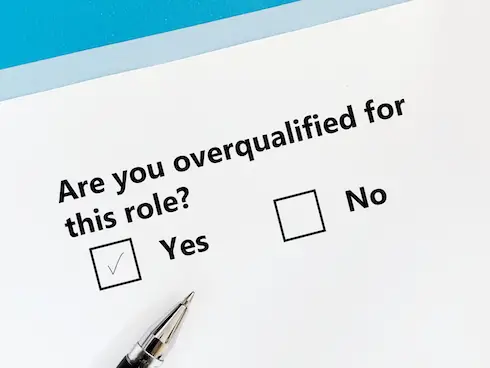Podcast #336 – From Turbulent Childhood to a Successful Life – Memoir by Steph Silver Description: In this episode I am speaking Steph Silver who is the author of the book Anywhere, USA: A Memoir. This will be a bit of a different kind of episode. I have known Steph for many years and I had […]
Excellent Advice for Living: Wisdom I Wish I’d Known Earlier with Kevin Kelly [Podcast]
Podcast #328 – Excellent Advice for Living: Wisdom I Wish I’d Known Earlier Description: In this episode I am speaking with Kevin Kelly who is the author of Excellent Advice for Living: Wisdom I Wish I’d Known Earlier. On his 68th birthday, Kevin Kelly began to write down for his young adult children some things he […]
Rebroadcast – Being Relevant is More Important than Your Experience with Fawn Germer [Podcast]
Podcast #327 – Marc Interviews Fawn Germer author of Coming Back: How to Win the Job You Want When You’ve Lost the Job You Need Description: This is a rebroadcast episode that is publishing during the July 4th holiday of 2023. In this episode I am speaking with Fawn Germer, who is the author of Coming […]
Finding Meaningful Work in a Post-Career World with Bruce Feiler [Podcast]
Podcast 326 – Finding Meaningful Work in a Post-Career World Description: In this episode I am speaking with Bruce Feiler. Bruce is the author of seven New York Times bestsellers, including LIFE IS IN THE TRANSITIONS, THE SECRETS OF HAPPY FAMILIES, and COUNCIL OF DADS. We are discussing in this episode his latest book, THE SEARCH: Finding Meaningful Work […]
Optimize Your LinkedIn Profile and Boost Your Later in Life Career Prospects [Podcast]
Podcast #325 – Optimize Your LinkedIn Profile and Boost Your Later-in-Life Career Prospects Description: In this episode, I am speaking with Donna Serdula who is famous for LinkedIn profile optimization and makeover. We are speaking today about how to Optimize Your LinkedIn Profile and Boost Your Later Life Career Prospects. This is not something that […]
My Observations of Post Pandemic Mental Health for those 55+ in Age [Podcast]
Podcast #323 – My Observations of Post-Pandemic Mental Health for Those 55+ in Age Description: In this episode, I want to discuss mental health issues that I have seen around me. We just spent 3 weeks back in the United States and I had many meetings with friends, past clients, and professional colleagues. I heard […]
5 Reasons Why Waiting is a Horrible Career Strategy
Waiting is a Horrible Career Strategy Waiting is a horrible career strategy that will just lead to frustration and possibly desperation. Most of you are waiting for someone to find your LinkedIn profile or on a: Job posting Recruiter to respond after submitting your resume to a job posting Recruiter to respond after a phone […]
Wise Decisions: How to Make Better Choices with Sheila Ohlsson and Jim Loehr [Podcast]
Wise Decisions: How to Make Better Choices Description: In this episode, I am speaking with Sheila Ohlsson and James Loehr who are the authors of Wise Decisions: A Science-Based Approach to Making Better Choices. This is one of the best books I have read in a long time. The approach they take in training our brains […]
Overqualified for the Job and the Hiring Manager is Intimidated by You
Overqualified for the Job and the Hiring Manager is Intimidated Being overqualified for a job is a bad thing right? Well, sometimes but in the current job market, there are a lot of lower-level job vacancies that need to be filled. At this stage of life, many of us want to take a step back. […]









